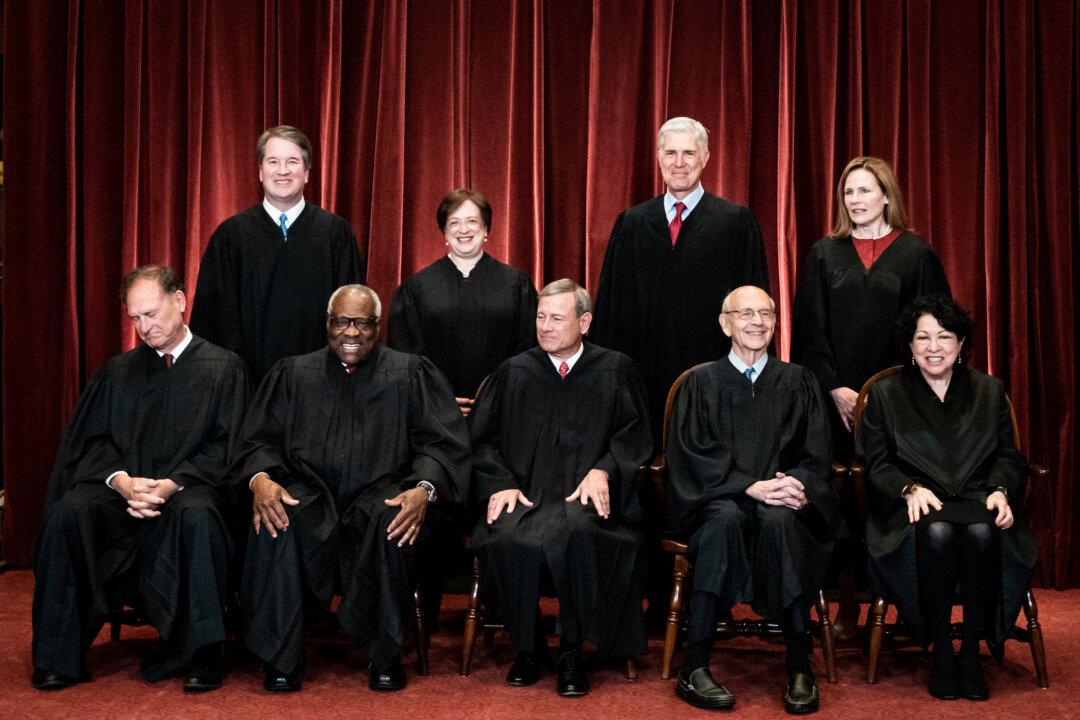News Analysis
The Supreme Court has had a mixed track record over the past year in terms of protecting Americans’ civil rights during the ongoing pandemic, according to legal experts consulted by The Epoch Times.

The Supreme Court has had a mixed track record over the past year in terms of protecting Americans’ civil rights during the ongoing pandemic, according to legal experts consulted by The Epoch Times.